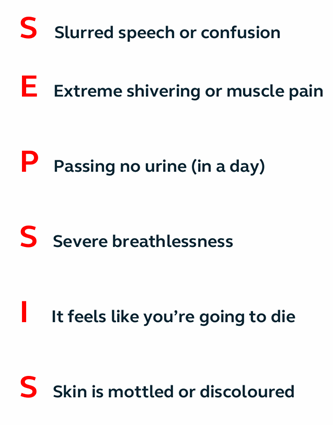Latest Practice Arrangements
- Edward Gayton

- Mar 20, 2020
- 2 min read
Things keep on progressing in the current Covid-19 situation. We've tried to keep on working as normally as possible, but guidelines released yesterday have meant that we need to change our working arrangments.
As before, we are keeping everything as clean as possible in the practice, and minimising physical contact between us and our patients. However, we have now been advised that those patients who are considered at particular risk of developing severe disease should not be seen for routine (i.e. non-emergency) appointments. This group includes the following:
aged 70 or older (regardless of medical conditions)
under 70 with an underlying health condition listed below (ie anyone instructed to get a flu jab as an adult each year on medical grounds):
chronic (long-term) respiratory diseases, such as asthma, chronic obstructive pulmonary disease (COPD), emphysema or bronchitis
chronic heart disease, such as heart failure
chronic kidney disease
chronic liver disease, such as hepatitis
chronic neurological conditions, such as Parkinson’s disease, motor neurone disease, multiple sclerosis (MS), a learning disability or cerebral palsy
diabetes
problems with your spleen – for example, sickle cell disease or if you have had your spleen removed
a weakened immune system as the result of conditions such as HIV and AIDS, or medicines such as steroid tablets or chemotherapy
being seriously overweight (a body mass index (BMI) of 40 or above)
those who are pregnant
People in an even higher risk group include
people who have received an organ transplant and remain on ongoing immunosuppression medication
people with cancer who are undergoing active chemotherapy or radiotherapy
people with cancers of the blood or bone marrow such as leukaemia who are at any stage of treatment
people with severe chest conditions such as cystic fibrosis or severe asthma (requiring hospital admissions or courses of steroid tablets)
people with severe diseases of body systems, such as severe kidney disease (dialysis)
For your own safety if you are in one of these groups we would ask you to cancel any appointments you have in the near future. You can call us on 01529 302143
We have also had to consider the treatments that we do at the practice, and the guidance has been that we need to consider carefully anything that produces an aerosol. This generally means anything that involves using the high speed drill, or the ultrasonic scaler that the hygienists use. We may still be able to complete some fillings using an isolation technique called rubber dam.
We will be contacting patients over the coming days and weeks if we need to postpone your treatment. Please be reassured that we are doing our utmost to maintain your dental health as well as we can in these difficult circumstances.



Comments